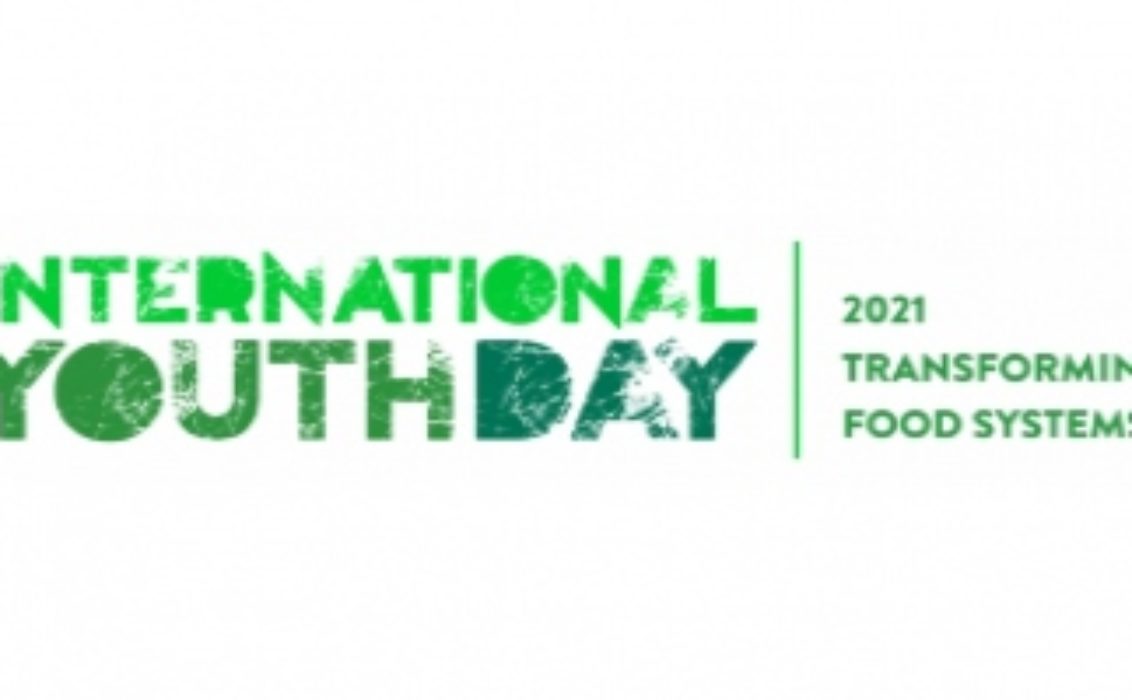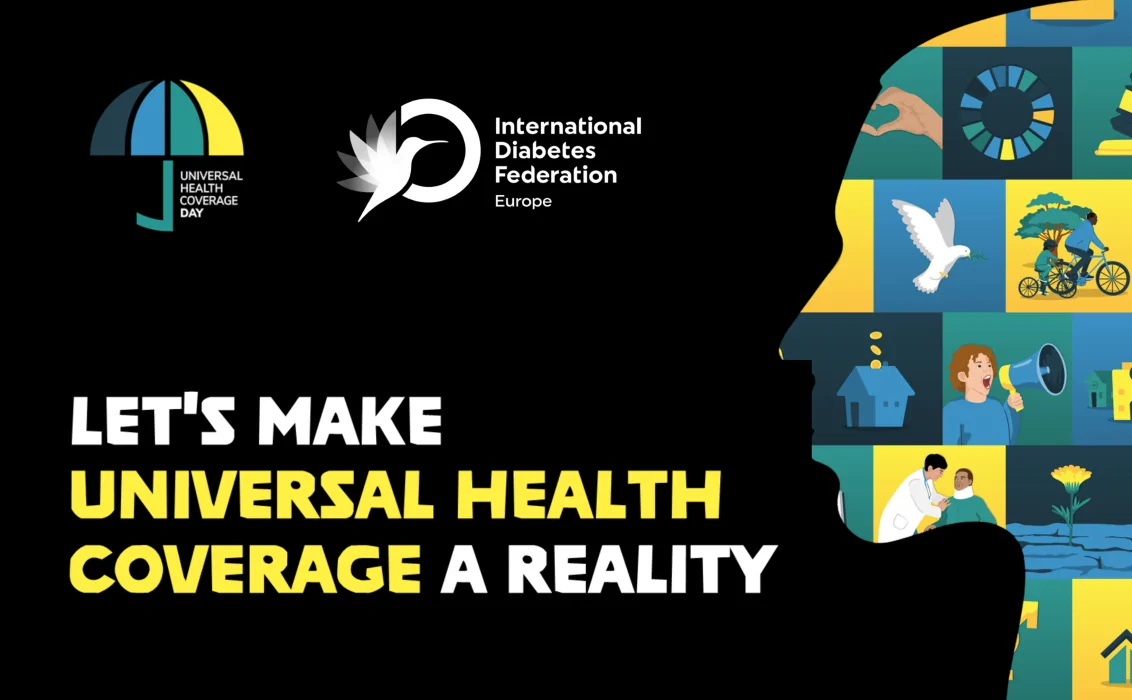Since 1999, under the auspices of the United Nations, 12 August has been celebrated as the International Youth Day (IYD). This year, IYD, once again, reiterated the importance of youth’s active role in political, economic and social life and processes. The theme of the 2021 IYD is Transforming Food Systems: Youth Innovation for Human and Planetary Health.
The forecasted 2 billion increase in the world population by 2030 and its resulting need to produce larger volumes of food while safeguarding human and planetary health is an imminent challenge for world leaders and relevant stakeholders. The participation of young people in this global effort is seen as indispensable to achieving success. Other crucial challenges embodied in the United Nations 2030 Sustainable Development Goals such as poverty reduction, health care, biodiversity preservation and climate change mitigation are also fundamentally linked to the way we produce and consume. Mainstreaming the voice of the youth is key to addressing these multifaceted and interconnected topics. Overall, the transition towards sustainable food systems has wider repercussions for the global community and the planet, and young people’s expertise and entrepreneurial skills, dynamisms and passion are integral to finding innovative solutions and pressuring high-level decision-makers to act in the interest of the human and planetary health.
A food system is a complex structure that ‘gathers all the elements (environment, people, inputs, processes, infrastructures, instructions, etc.) and activities that relate to the production, processing, distribution, preparation and consumption of food, and the outputs of these activities, including socio-economic and environmental outcomes.’ For people living with diabetes (PwD), promoting sustainable food systems, through improved food safety and supply, including the promotion of sustainable and healthy diets for all and the transition to sustainable food production is of paramount importance. According to Maartje from Belgium, living with diabetes, ‘Young people take a great interest in how food systems can make our planet healthier but also how easy access to healthy and nutritious foods can help us better manage our condition. We would like to have more opportunities to contribute to the complex issue of food systems, with the respect for the environment, while promoting safe and diversified healthy diet that can be accessible and affordable for all.’
Indeed, access to healthy and nutritious foods and other environmental and socio-economic determinants of health have a huge influence on how a life-long condition like Type 2 diabetes and diabetes-related complications can be prevented or delayed and optimally managed so that PwD can experience minimal disruption to their quality of life.
According to another diabetes youth advocate, Marija from Serbia, while there are many factors that affect diabetes management, environmental determinants of health play a huge role in reducing the risk of developing Type 2 diabetes and diabetes-related complications. ‘There is a strong network of young advocates who live with diabetes in Europe. We know that although lifestyle alone will never cause diabetes, to reduce Type 2 diabetes and avoid diabetes-related complications, we do need policies that promote access to healthy foods and health enabling environments. That’s why we are so passionate about this year’s theme of transforming food systems.’
Naturally, official days, like the International Youth Day, are important for young people living with diabetes as well as all youth across the world to have a forum where they can come together to share ideas and best practices, drive momentum and spur engagement. Involving youth in an all-encompassing topic of transforming food systems is necessary for triggering more action and achieving success in restoring the planet, protecting human health, while incorporating biodiversity in the transition to sustainable food systems.



